On October 13, presidential elections will take place in Tunisia. The second round of the elections will feature famous liberal media tycoon Nabil Karoui and a conservative candidate Kaïs Saïed, who has been nicknamed “Robocop.”
The winning candidate will be appointed for a five-year term and will exercise control over defense, foreign policy and national security.
Given Tunisia’s role as the center and cradle of the Arab Spring, the effects of these elections will have wide geopolitical implications.
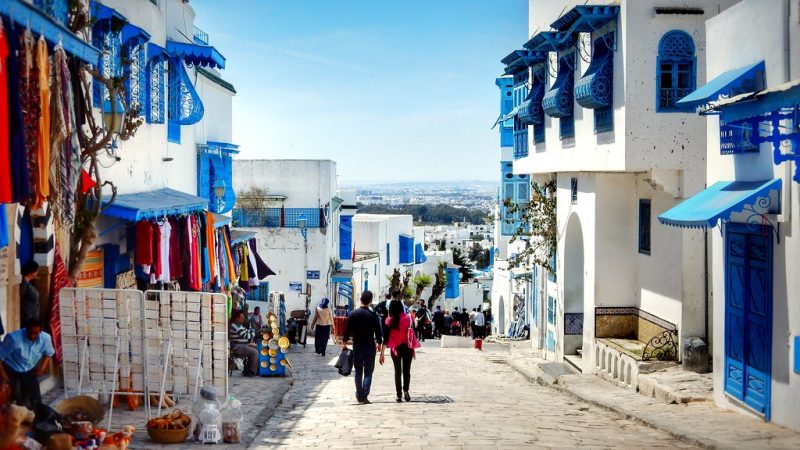
Flickr
Intrigue ahead of the election
This election cycle will be a key event in the long and painful post-“Arab Spring” landscape. The country has established a mixed parliamentary-presidential system where the president is tasked with handling foreign affairs and defense issues.
The first round of election was held on 15 September 2019, but only around 35% of the population came out to vote and no candidate was able to win an absolute majority. Many candidates, including Munir Baatur (a homosexual), the singer Nermine Sfar and incumbent Prime Minister Yousaf Shaheed, were defeated in the first round.
After the sudden death of President of Beji Caid Essebsi, the authorities announced that the second round would take place on October 13, earlier than originally planned.
The second round will be a fight between the top two candidates, Kaïs Saïed (an independent candidate) and Nabil Karoui (from the Heart of Tunisia party).
Saïed is a professor, a lawyer and represents conservative Tunisians. He is known for his strong positions on the death penalty and gender issues (he is a strong supporter of the traditional family). He is also a strong opponent of the LGBTQ movement – he claims that the spread of homosexuality is a result of interference from foreign countries.
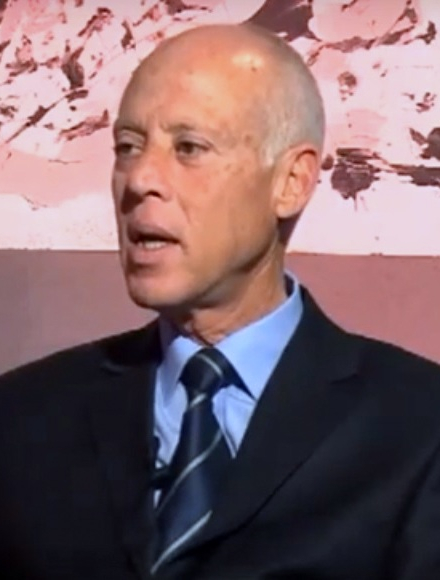
Wikipedia
Unlike his opponent, his campaign was conducted with little to no advertising. A year ago he was unknown to anyone. His unexpected popularity despite having little to no TV presence or state support, came as a surprise to many people. His campaign has focused heavily on conducting fair elections and promising to fight corruption. He has promised electoral reforms such as legislation to staff local elections with regional representatives.
Some experts describe him as “a conservative idealist, running on utopian themes of radical state decentralisation at home, and aspirational pan-Arab unity abroad.” Others have called his campaign “a popular reaction not just against corruption, but also against what he sees as a lack of vision that has plagued Tunisian politics.”
Experts say that Saïed will find himself in an unprecedented position for an Arab leader without the support of the establishment party.
Karoui is a liberal, a businessman and owns the Tunisian television company Nessma. On July 8, 2019, he was charged with money laundering, banned from leaving the country and his property seized. He was eventually arrested on August 23. While this might have ended another candidates chances, he managed to run for office from prison, and in October the Tunisian court ordered his release from prison.
His supporters claim that the arrest was intended to spoil the media tycoon’s election campaign. As a matter of fact, his imprisonment actually improved his image in the eyes of a number of voters who now see him as a “political victim”. In addition, his television channel Nessma is a powerful resource for his election campaign.
Nessma established an important charity dedicated to fighting poverty, something which has become a central theme of his campaign. The ordinary people among his electorate are attracted by his populist speeches (against poverty, corruption, etc.), and the business community supports him because of his capitalist liberal ideology.
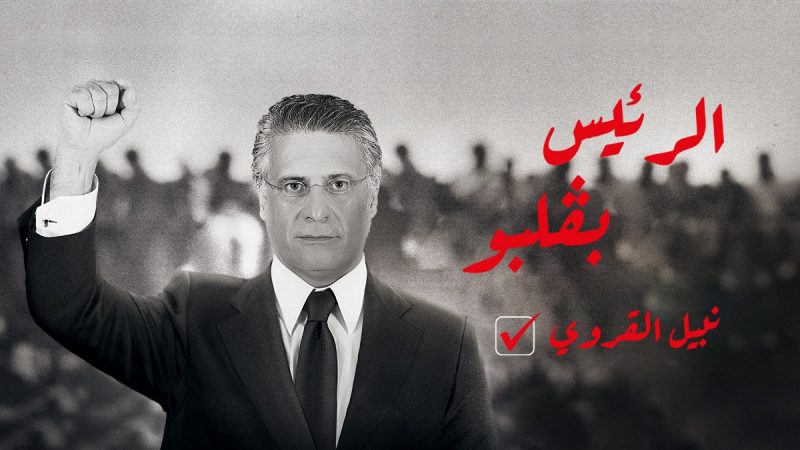
Curiously, mainstream media the day before accused Karooi of “links to Trump and Russia,” citing an insider contact, but Karooi denies any involvement. However, the incident does show that media efforts to accused Trump and Russia of “interfering in other people’s elections” extends beyond US borders.
http://northafricapost.com/34472-tunisia-nabil-karoui-to-sue-people-behind-smear-campaign-in-connection-to-lobbying-firm.html
The BBC, predictably, had interesting things to say on the issue. Their article contains the opinion of head of opinion poll firm Elka Ikbal Elloumi:
“The message is clear, they [the people] are looking for new politicians… Saïed is a social phenomenon, he represents a need from citizens for equity and justice. Nabil Karoui represents the hope of poor people, vulnerable people, not only financially poor, but people who are looking for financial opportunity.”
Results
In parallel with the presidential election process, the parliamentary vote had recently taken place.
The Ennahdha party (Rached Ghannouchi’s moderate Islamist party) came in first place with 17.5% of the vote (40 of the 217 seats parliamentary seats). It was followed closely by the new Qalb Tounes, a party founded by media mogul Nabil Karoui who won 15.6% of the vote, or 33 seats.
This will make the upcoming presidential elections particularly interesting and uncertain. The electorate is particularly split.
Crisis of power
The current coalition government has been severely criticized for failing to cope with the country’s economic difficulties, including unemployment rates exceeding 15%.
Many experts believe that the promotion of the two newcomers to the second round of voting in the country’s presidential elections is evidence of the Tunisian people’s disappointment in the establishment and desire for real change.
After the collapse of the president’s government, Zine El Abidine bin Ali Tunisi had already had a rather bumpy history, with the socio-economic situation in some sectors severely deteriorating. This presents a serious challenge for whoever is elected the new leader of the country.
The globalists are not particularly interested in “promoting” the capitalist candidate (there will be no a priori desire for social justice from most of Tunisia’s tycoons) nor the candidate who espouses traditional values. Rather, It is in their interest not to allow the formation of a singular effective power of any kind in order to maintain destabilization. The globalists are mostly afraid of the rise of a strong personality (such as the leaders of China, Turkey and Russia).
To illustrate this, the same BBC article concludes the article with an opinion of one Tunisian voter who says: “I think we’ve reached a point where no individual, nor party has absolute power. This is essential.”


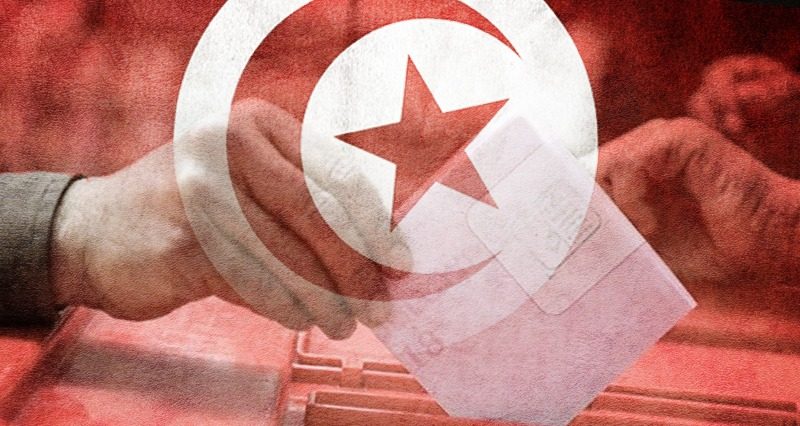





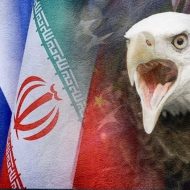
Leave a Reply